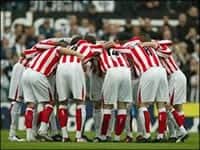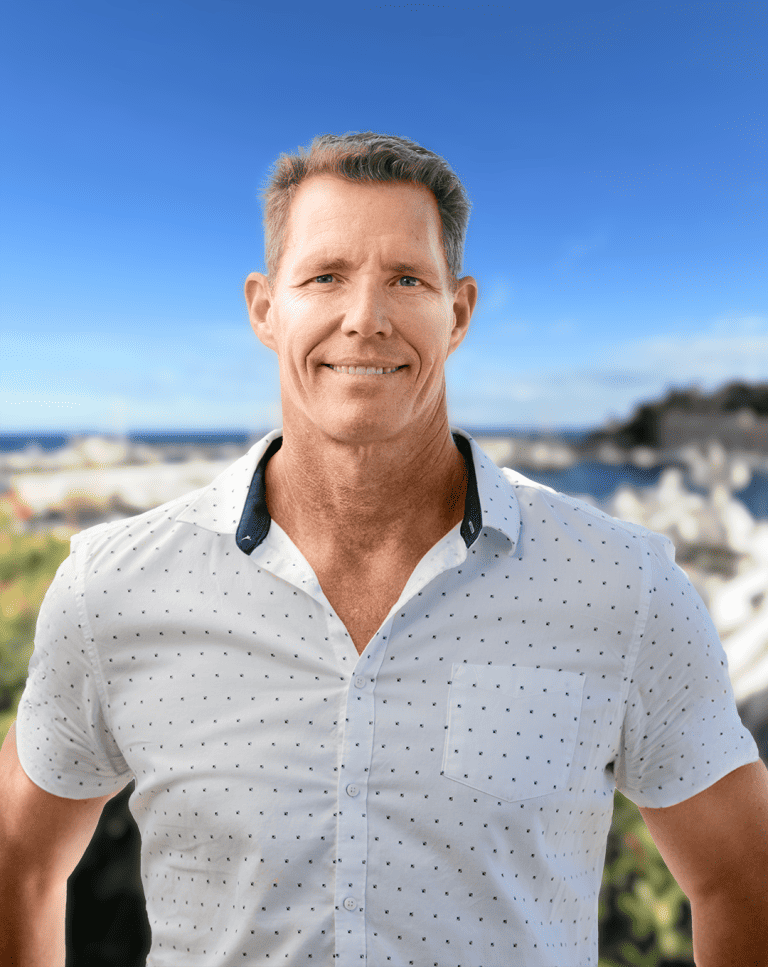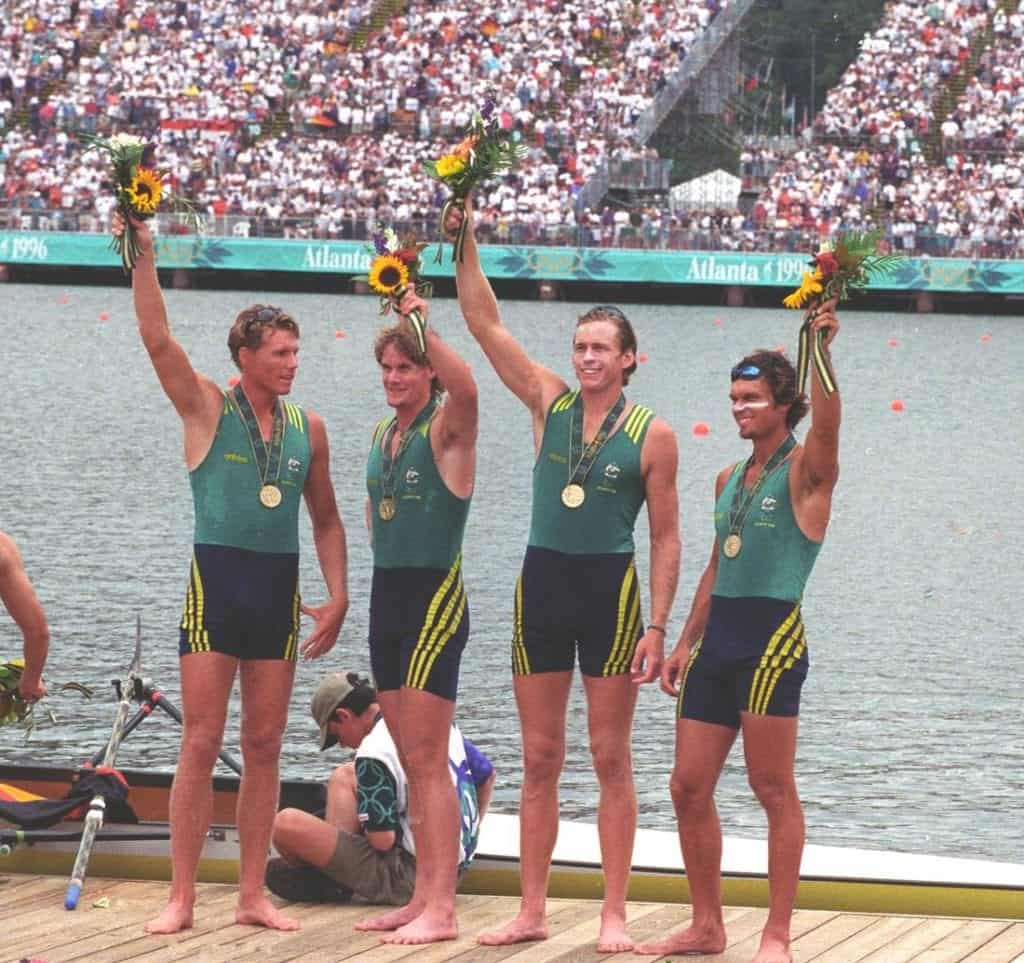Of all the aspects of his role at Athlete Assessments, Bo Hanson most values the opportunity to be involved with hundreds of different teams. It’s with this unique insight he identifies the common threads that lead to sustained success.
“In elite sport, equipment is equal among competitors, physical conditioning programs are indistinguishable and game or race strategies are often duplicated. The only true competitive advantages are gained by investing in the mental and emotional skills of your people, and their relationships with each other.” – Bo Hanson
 Sports teams are made up of different styles of people. There is a natural diversity in the way people prefer to behave, identifiable by the different DISC Behavioral Styles. Building cohesiveness and team chemistry with a diverse group of people is always a priority for top coaches. As legendary Coach Lou Holtz said: “I’d say handling people is the most important thing you can do as a coach.”
Sports teams are made up of different styles of people. There is a natural diversity in the way people prefer to behave, identifiable by the different DISC Behavioral Styles. Building cohesiveness and team chemistry with a diverse group of people is always a priority for top coaches. As legendary Coach Lou Holtz said: “I’d say handling people is the most important thing you can do as a coach.”
A useful model to assist in understanding and building a high performing team is Tuckman’s Stages of Team Development. Developed in the 1960’s, its value continues to be relevant in sport today.
Most teams naturally progress from the Forming to Storming stage. What they most often need assistance with is moving past the Storming stage.
Conflict is often avoided or perceived negatively. What’s great about conflict emerging, is that it means the team has progressed from the Forming to Storming stage and closer to the ultimate goal. However at these two early stages of team development, at best, team members only tolerate one another. Tolerance is about putting up with someone, usually ignoring their involvement and deliberately not engaging with them. Tolerance is not conducive to high performance sport.
If you’ve been in and around sport for some time, you’ll have witnessed at least one team incapacitated by in-fighting and a toxic culture – stuck in the Storming stage of their team’s development. When we work with a team, our goal is to provide strategies and tools to move the team from tolerance, to respecting and understanding, to valuing each other. Effectively, this is moving the team through the stages of team development.
So how do you create an environment which allows your athletes to move from tolerance to valuing (from the Forming to Performing stage)? Firstly, to improve this part of your program, the whole team needs to buy in, contribute individually and as a team. When your athletes truly value each other, they have a strong understanding of themselves, embrace each other’s differences and trust their team members to do their job (both technical and non-technical).
It is about your athletes aiming to be the best person for the team rather than the best person on the team. Extending on this, it is about each team member contributing their strengths, which are valued by the rest of the team, for the betterment of the team.
“Ultimately, trust is what we’re aiming for. Trust is the one thing unsuccessful teams obsess about but lack, and successful teams never talk about but always have.”
Tuckman’s Stages of Team Development
In 1965 Bruce Wayne Tuckman first published his research on team dynamics and the four stages a team must progress through to function effectively and deliver high quality results. His theory is still widely accepted today as the path for high performing teams.

Forming: When the team initially comes together. During these first practices and meetings, everyone is polite, cautious and on their ‘best behavior’. This is the time to do the GRIP process.
Storming: First instances of conflict. Team members start to show their true selves. Competition for status or attention starts and sub-groups form. Coaches should develop communication skills, manage conflict, and stay committed to goals, roles and processes.
Norming: Team members are embracing their roles, valuing each person’s contribution and personal accountability is strong. Performance is improving but still developing. Coaches should continue to focus on collaboration, be consistent with feedback, listen well and encourage team based decisions.
Performing: There is a strong focus on performing and results are being achieved. Trust and communication are strong within the team. Now is the time to emphasize commitment to excellence and high performance standards. Look for continuous improvement and maximize opportunities. Build for future success.
At any stage, a team can revert back to an earlier stage and the process is a continuous loop. For more on this, go to our collection of videos and articles on this topic.
This article was featured in our latest People+Sport Magazine: Team Success Edition which is available to read online and in PDF here.
At Athlete Assessments, we’re here to provide you with excellence in service and to help you be your best. If there is anything we can assist you with, please Contact Us.



